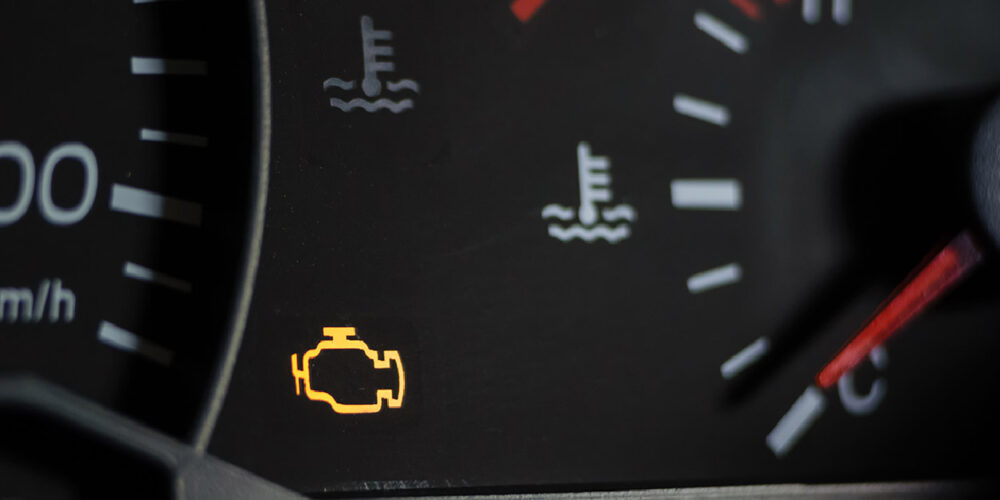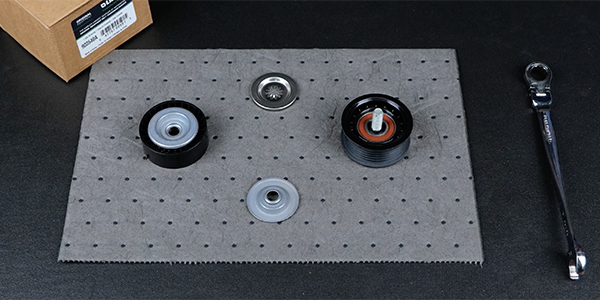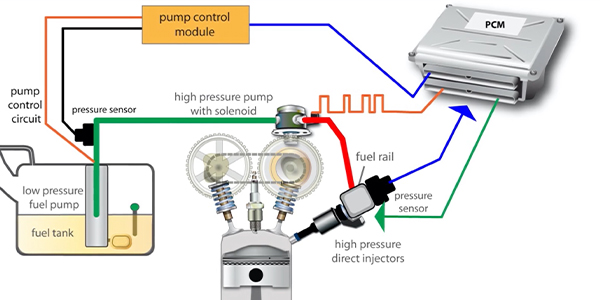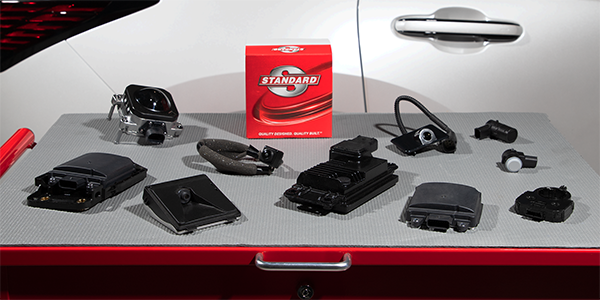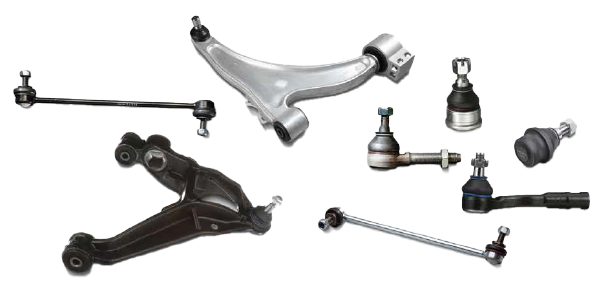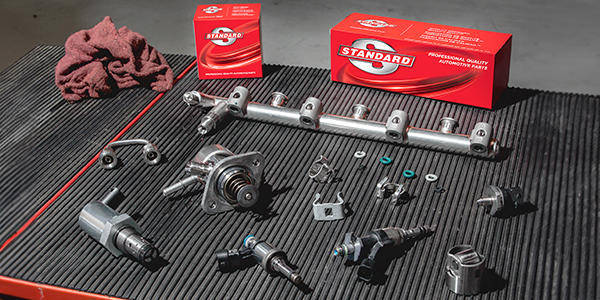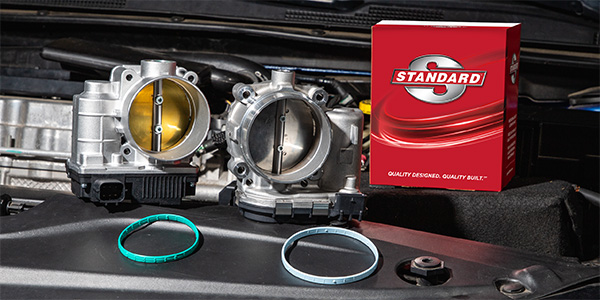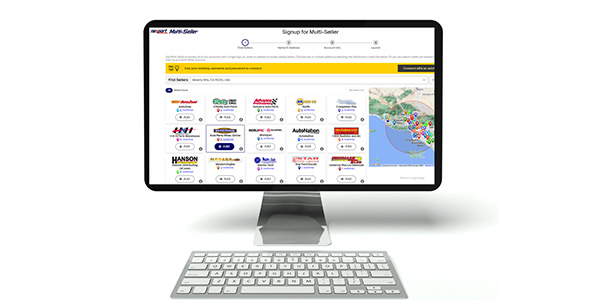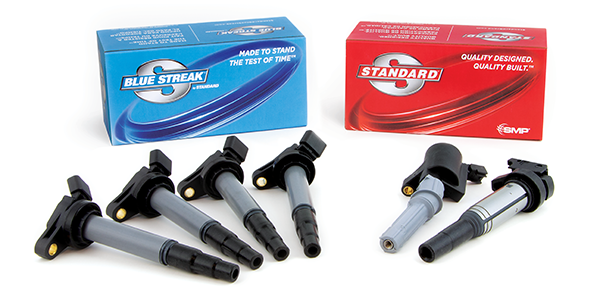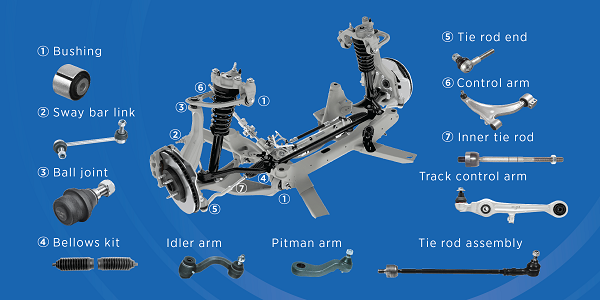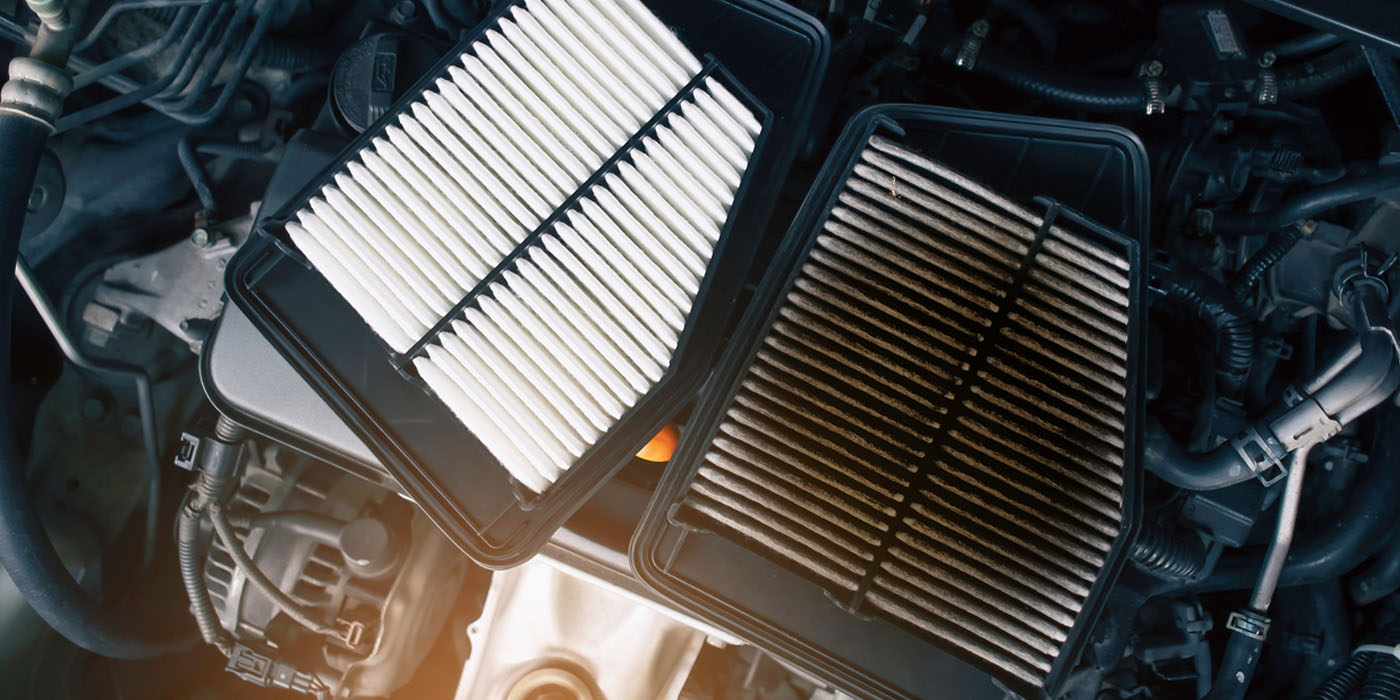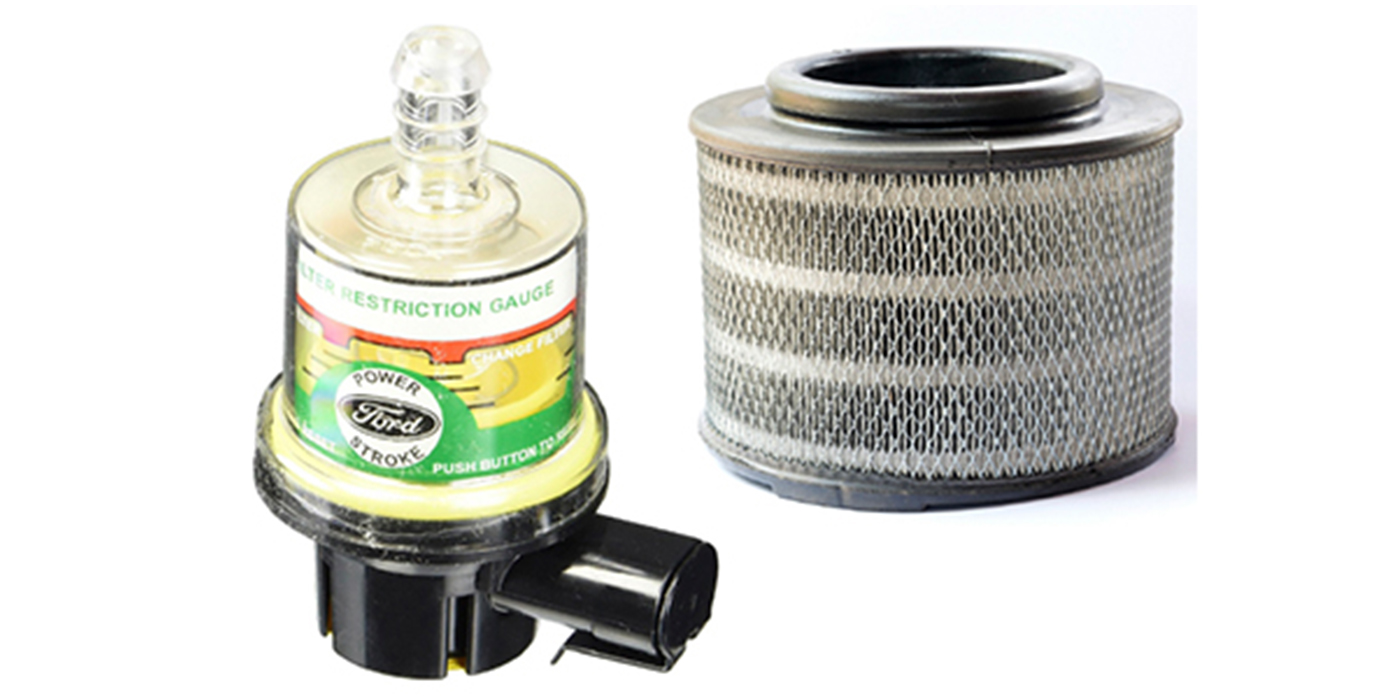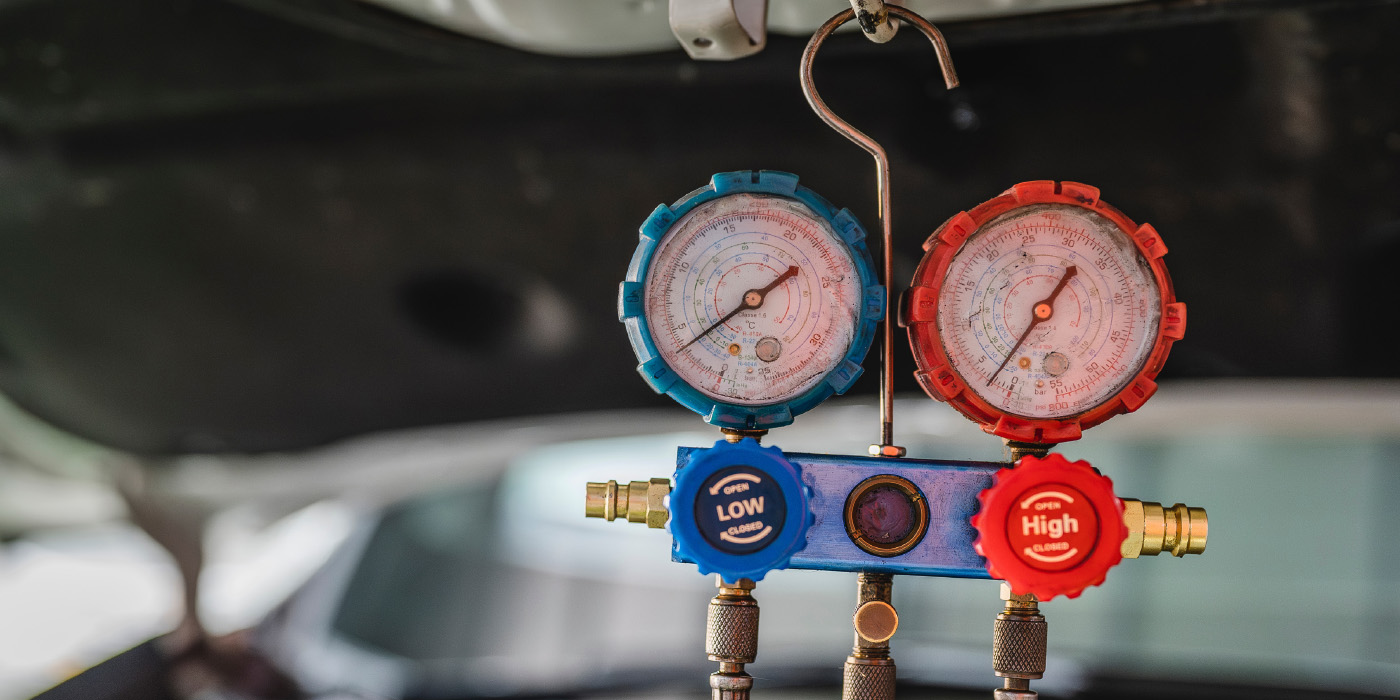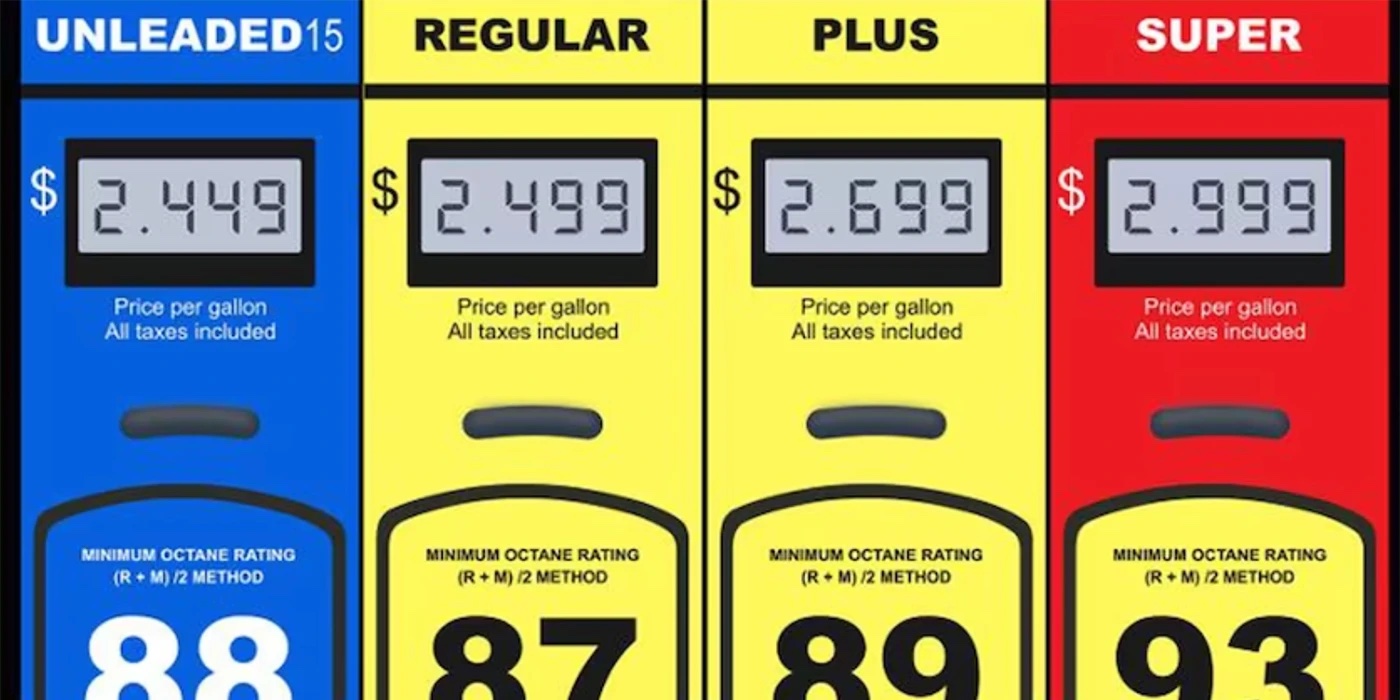Summertime is a great time to take your car out on the open road, but it’s also important to ensure that your vehicle is in tip-top shape. Regular preventative maintenance can help you avoid costly repairs and keep your car running smoothly. Make sure you’re ready with these helpful tips from Delphi Technologies.
Chassis
The winter season can be especially harsh on a vehicle’s chassis and taking the necessary precautions to protect it can make all the difference. During colder and snowier months, it’s a lot easier to hit curbs or potholes which can cause damage to key components of a vehicle’s chassis such as tie rod ends, control arms, or sway bar links. In addition to blunt force impacts, severe weather can also impact your vehicle’s chassis components. Some indicators of potential issues include abnormal/unusual noises, excessive tire wear, vibrations, or steering drift/wander. When taking your vehicle in for routine maintenance, technicians are able to measure and perform alignment checks on your vehicle’s chassis and will be able to determine if a part is misaligned or damaged.
Another common issue during winter that can become worse during summer are tears or damage to the ball joint boot or seal. Seals naturally wear over time but can be made worse in extreme temperatures or terrains. If you notice torn rubber, seal damage, or signs of play in the ball joint, it’s important to replace them as quickly as possible, as this prevents dirt, dust, and other contaminants from compromising your vehicle’s performance.
Fuel
When it comes to fuel, the best methods to keeping everything running properly is by adhering to instructions/manual for your vehicle for maintenance, but here are three general quick tips:
1. Don’t use premium unleaded fuel unless it’s specifically required.
2. If your vehicle has an inline fuel filter, you should change it at the designated intervals to ensure the filter doesn’t become clogged and put additional pressure against the fuel pump and module.
3. Always be sure to change the oil as recommended—especially if you have a GDI pump. GDI pumps also require a specific oil for lubricating the pump itself, so be sure to use the correct one.
It’s also important to check your oil levels regularly. If you wait until the oil warning light has come on, then it’s highly likely there is already damage to your engine. As a rough guide, engines can burn a quart of oil in fewer than a thousand miles. Using your dipstick, check both the level and color of the oil. If it’s anything other than its typical amber color, it likely needs to be changed. Regular oil should last between 4,000-5,000 miles, and synthetic around 6,000-7,000 miles. Lastly, keeping your tires properly inflated to their proper air pressure can greatly improve fuel economy.
Air Filters
A vehicle’s air filters help to keep dust, dirt, and other debris from entering the engine. Cleaning or changing the air filter as recommended by the manufacturer will help ensure that your vehicle is running efficiently. It is also important to note that a dirty air filter can cause your engine to work harder, leading to decreased fuel efficiency and increased emissions. Summer is an especially important time for air filter maintenance as the hot weather tends to cause more dirt. Pollen, and dust to accumulate in the engine, so it’s important to check your filter before embarking on a road trip.
Air Conditioning
Did you know your air conditioning system can lose up to 10 percent of its refrigerant gas each year? Within just two years, it could be operating a lot less effectively, putting more strain on the engine and using more fuel – especially in hot weather. To check your refrigerant levels, simply set the temperature to the coldest setting and the fan speed to maximum. If the air blows ice-cold, then everything is working as it should. If not, your refrigerant may need to be recharged.
Regular inspections of are always important, but if you notice anything amiss, it’s best to schedule an appointment to have it checked out. For more helpful tips in getting your vehicle ready for summer, check out our Resource Center.
This Article is Sponsored By: Delphi Technologies



